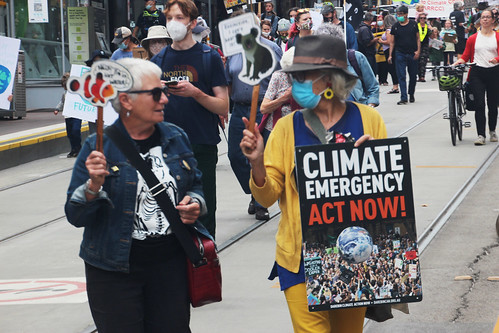Invocation of Emergencies Act unreasonable, measures against Freedom Convoy unconstitutional: court
Emergency Act #EmergencyAct

In s. 16 of the act, a public order emergency occurs when threats to Canada’s security are so serious as to constitute a “national emergency.” Paragraph 3(a) of the Act defines a national emergency as an “urgent and critical situation of a temporary nature that seriously endangers the lives, health or safety of Canadians and is of such proportions or nature as to exceed the capacity or authority of a province to deal with it… and that cannot be effectively dealt with under any other law of Canada.”
If the Governor in Council reasonably believes that a public order emergency exists and “special temporary measures” are required to deal with it, s. 17(1) of the act them to invoke one. The proclamation described the emergency as threatening the economy and trade relations, the breakdown of the supply chain of essential goods and services, and the potential for heightened unrest and violence that would further threaten Canadians’ safety and security. The proclamation also cited the threat of “serious violence against persons or property” related to the blockades and threats to oppose measures to remove them and their impact on critical infrastructure.
Mosley said there was “no dispute” that the Freedom Convoy and blockades aimed to ” achieve a political or ideological objective within Canada” because participants had demanded changes to government policy and a change in government. The question, he said, was whether these activities were “directed toward, or in support of the threat or use of acts of serious violence.”
“The harm being caused to Canada’s economy, trade, and commerce was very real and concerning,” said Mosley. “But it did not constitute threats or the use of serious violence to persons or property.”
The applicants argued that the Regulations and Economic Order, which followed the proclamation, violated ss. 2, 7, and 8. These include the freedom of thought, belief and expression; the right to life, liberty and security of the person; and the right to be secure against unreasonable search or seizure.